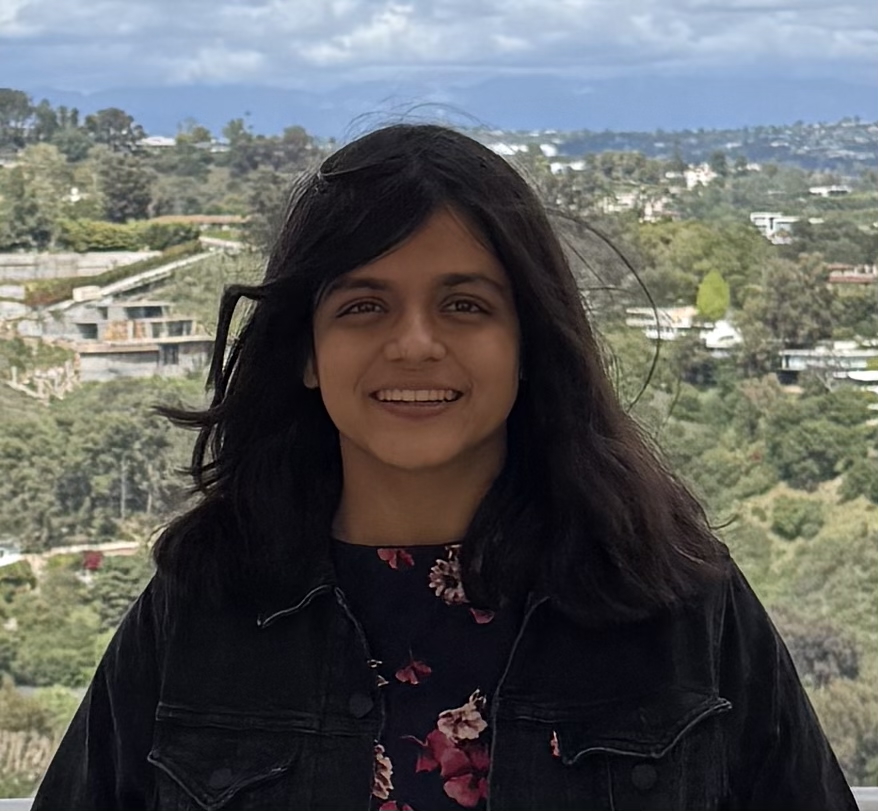About
I am a Ph.D. student in the Computer Science at the University of Massachusetts Amherst, advised by Prof. Prashant Shenoy. My current research focuses on Foundation Models as a Service for dynamic IoT environments, exploring challenges in distributed systems and machine learning. This work is in collaboration with Prof. Mani Srivastava's lab at UCLA.
Before joining UMass, I earned my B.Tech. in Electrical Engineering with a minor in Computer Science from the Indian Institute of Technology, Gandhinagar. Previously, I have worked with Prof. Nipun Batra and Prof. Himanshu Shekhar.
Broadly, my research interests spans Distributed Systems, Machine Learning, and Internet of Things (IoT) with a focus on building systems that are scalable, and intelligent.
Llm-driven auto configuration for transient iot device collaboration
Hetvi Shastri, Walid A. Hanafy, Li Wu, David Irwin, Mani Srivastava, and Prashant Shenoy
2025
Rethinking Collaboration Among Mobile Devices in IoT Environments
Hetvi Shastri, Walid A. Hanafy, Li Wu, David Irwin, Mani Srivastava, and Prashant Shenoy
ACM SenSys 2025, Poster
Trust or bust: A survey of threats in decentralized wireless networks
Hetvi Shastri, Akanksha Atrey, Andre Beck, and Nirupama Ravi
NDSS Symposium 2025, FutureG Workshop
Vastr-gan: Versatile apparel synthesised from text using a robust generative adversarial network
Hetvi Shastri, Dhruvi Lodhavia, Palak Purohit, Ronak Kaoshik, and Nipun Batra
ACM CODS-COMAD 2022
I do not know: Quantifying uncertainty in neural network based approaches for non-intrusive load monitoring
Hetvi Shastri, Vibhuti Bansal, Rohit Khoiwal, Haikoo Khandor, and Nipun Batra
BuildSys 2022
Neural network approaches and dataset parser for nilm toolkit
Hetvi Shastri and Nipun Batra
BuildSys 2021
ConnCast: Secure Connectivity Experience Sharing via Localized P2P Networks
Hetvi Shastri, Akanksha Atrey, Andre Beck, Nirupama Ravi
US Patent
News
Aug 2025
Reviewer for S3 workshop, Mobicom 2025.
Aug 2025
Artifact Evaluator for EuroSys 2026.
May 2025
Presenting CollabIoT poster at Sensys 2025!!
April 2025
Working at Prof Mani Srivastava's lab, UCLA for a week!!
March 2025
CollabIoT poster accepted at Sensys 2025!!
Feb 2025
ConnCast Patent Accepted!!
Jan 2025
Paper at Nokia Bell Labs internship accepted at FutureG workshop, NDSS!!
June 2024
Starting internship at Nokia Bell Labs, New Jersey!!
Aug 2023
Awarded travel grant for attending ACM SIGCOMM 2023 at New York.
Jun 2023
Selected for the prestigious GHC Student Scholarship, enabling participation at the virtual Grace Hopper Celebration 2023 (GHC 23).
May 2023
Awarded the distinguished James Kurose Scholarship at UMass Amherst for exceptional achievements in Computer Science.
May 2023
Granted the esteemed David W. Stemple Scholarship at UMass Amherst in recognition of excellence in pursuing Ph.D. research in Systems.
Nov 2022
Presenting our paper on quantifying uncertainity in NILM at ACM Buildsys 2022.
Sep 2022
Paper on quantifying uncertainity in NILM accepted at ACM Buildsys 2022.
Sep 2022
Starting MS+Ph.D. in computer science at LASS lab, UMass Amherst advised by Prof. Prashant Shenoy.
Jan 2022
Presenting our paper on Generative Adversarial Networks for fashion clothing at CODs COMAD 2022.
Jan 2022
Started working as a Teaching Assistant for ML654 course, IITGn.
Nov 2021
Presenting our paper on Neural network models for NILM at ACM Buildsys 2021.
Nov 2021
Awarded Conference Grant by IIT Gandhinagar for presenting at 8th ACM Buildsys 2021.
Oct 2021
Our paper on Generative Adversarial Networks for fashion clothing accepted at CODs COMAD 2022.
Sep 2021
First paper on Neural network models for NILM accepted at ACM Buildsys 2021.
May 2021
Started working on Non-Intrusive Load Monitoring at Sustainability Lab, IITGn advised by Prof Nipun Batra.
May 2020
Started working on ultrasound imaging at MUSE Lab, IITGn advised by Prof Himanshu Shekhar.
Jul 2018
Started Btech in Electrical Engineering at Indian Institue of Technology Gandhinagar.
Research Projects

Modular Toolkit for Time Series Foundation Model Pipelines
Open-source toolkit to address the lack of standardized tooling in Time Series Foundation Model (TSFM) research, which was hindering reproducible and large-scale experimentation.
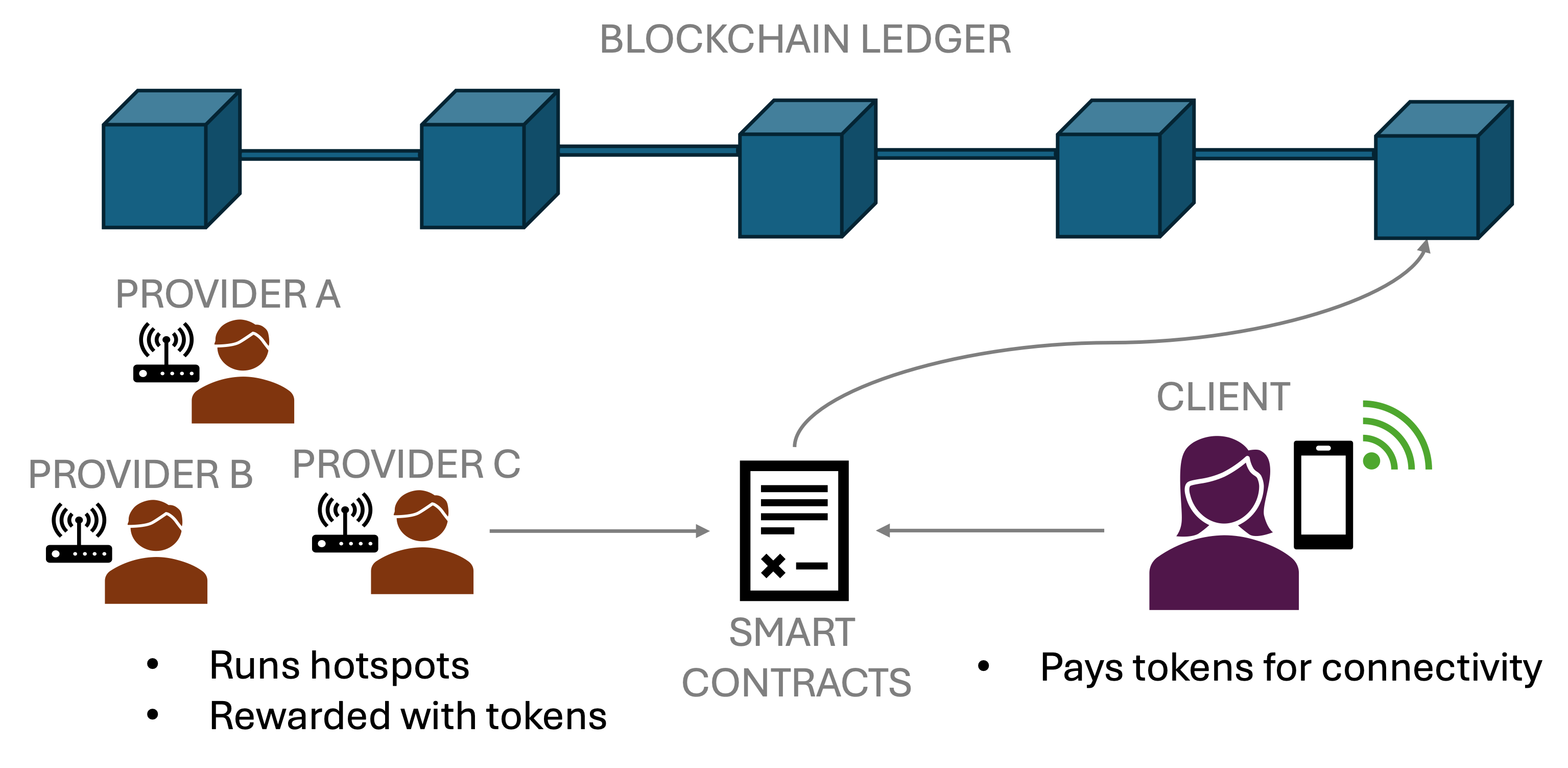
Adversarial Attacks in Trustless Decentralized Wireless Networks
There is need for trust in decentralized wireless networks, where individual entities offer subscriptionless connectivity services in exchange for monetary reward. We developed a comprehensive taxonomy of attacks and conducted simulations of provider-driven attacks that could lead to up to 394% monetary profit for malicious actors. Proposed a system ConnCast, a peer-to-peer (P2P) social for real-time connectivity experience sharing.
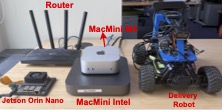
LLM-Driven Auto Configuration for Transient IoT Device Collaboration
A system that uses LLM-driven natural language processing to generate fine-grained access control policies from user intent, employs capability-based access control for secure authorization, and leverages lightweight proxies for hardware-independent enforcement.
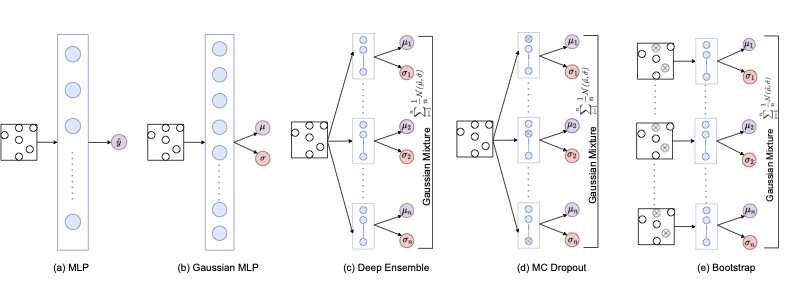
Quantifying Uncertainty in Neural Network Based Approaches for Non-Intrusive Load Monitoring (NILM)
False positives and negatives which is crucial for informed decision about energy usage in the realm of energy disaggregation. We refined uncertainty quantification through recalibration methods on 14 diverse deep learning models on the REDD dataset.
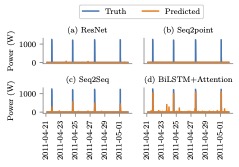
Neural network approaches and dataset parser for nilm toolkit
Total energy consumption disaggregation into individual appliances helps households in understanding and curbing energy usage. We used cutting-edge models including Residual Network (ResNet), RNN with attention, and hybrid Regression-Classification networks for precise energy disaggregation on REDD and IDEAL datasets.
Vastr-gan: Versatile apparel synthesised from text using a robust generative adversarial network
Addressed the challenge of harmonizing diverse cultural, geographical, and creative factors in Indian fashion to effectively cater to personalized design demands. Curated an extensive Indian fashion dataset and employed GANs for intricate text-to-image synthesis. Applied ensemble learning with diverse class divisions and enhanced image synthesis via a YOLO-based classifier-integrated architecture.
